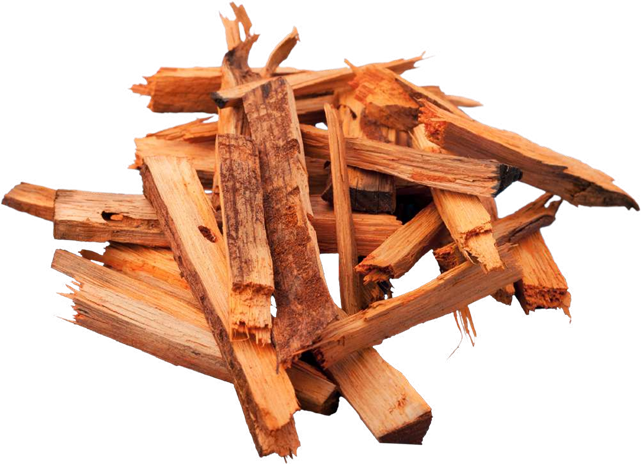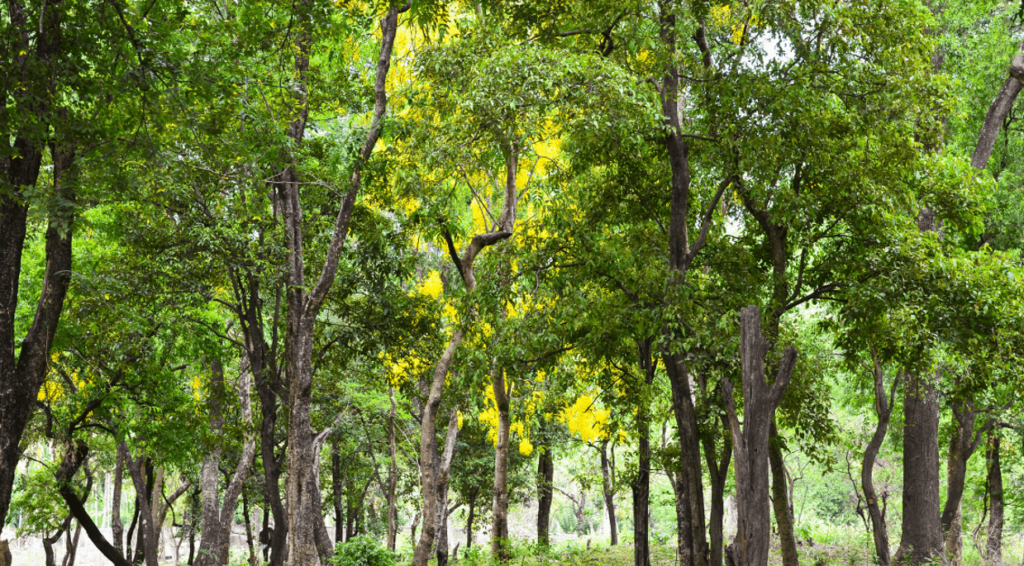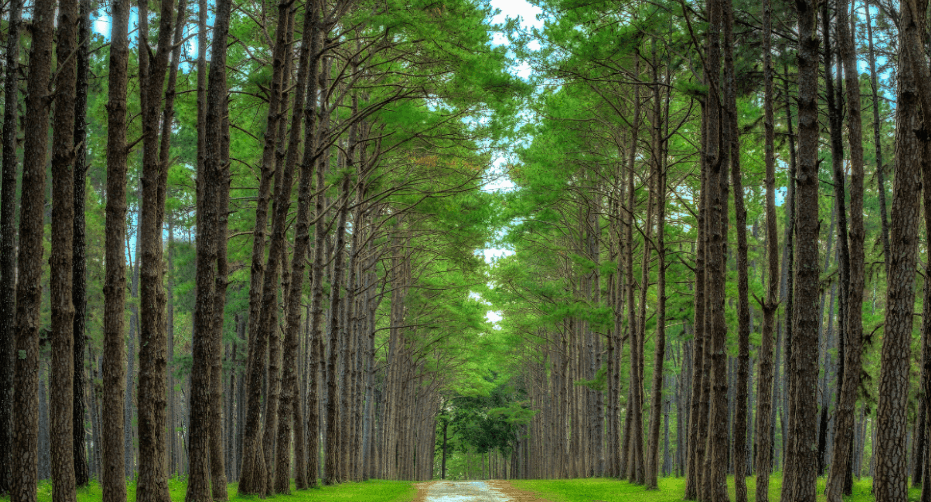Sandalwood is one of the most valuable and highly sought after wood species in the world, and India has a rich history of sandalwood cultivation. The tree, known scientifically as Santalum Album, is native to India and has been prized for its fragrant oil, used in perfumes, soaps, and religious ceremonies, for centuries. In recent years, the demand for sandalwood has increased globally, leading to a rise in its cultivation in India.

India is currently the largest producer of sandalwood in the world, with a significant portion of its production centered in the states of Karnataka, Tamil Nadu, and Kerala. Sandalwood is considered a slow-growing tree, taking over 15 years to reach maturity, but once established, it can live for over 100 years and reach heights of up to 20 meters.

The Indian government recognizes the economic potential of sandalwood and has taken several steps to encourage its cultivation. For example, the Indian Forest Department has established a number of sandalwood nurseries, providing saplings to farmers, and offering technical and financial assistance for the establishment of sandalwood plantations. Additionally, the government has implemented a number of regulations to ensure the sustainable production of sandalwood, including restrictions on the cutting of sandalwood trees from natural forests.
Sandalwood cultivation is a profitable venture for farmers, as the price of sandalwood continues to increase. The tree is a low maintenance crop, requiring minimal inputs and can be intercropped with other crops such as coconut, areca nut, or mango. Additionally, the fragrant oil produced by sandalwood has a number of applications, including use in perfumes, soaps, and incense sticks, providing farmers with a number of revenue streams.

In conclusion, sandalwood cultivation in India is a promising and profitable venture for farmers. With the Indian government’s support and regulations in place to ensure sustainable production, sandalwood is a crop worth considering for farmers looking to diversify their agricultural portfolio. The high demand for sandalwood, combined with its long lifespan, makes it a valuable investment for the future.



